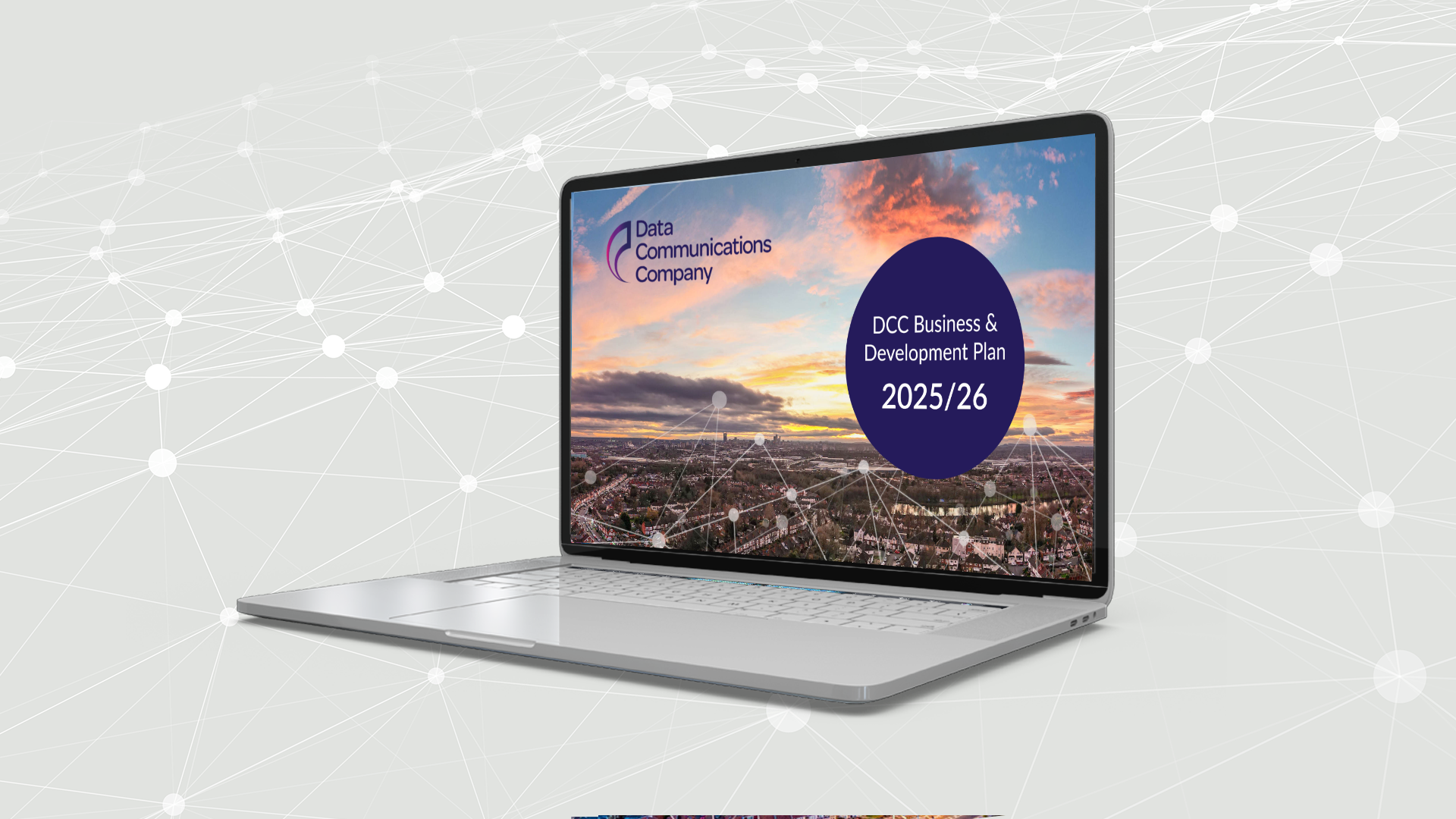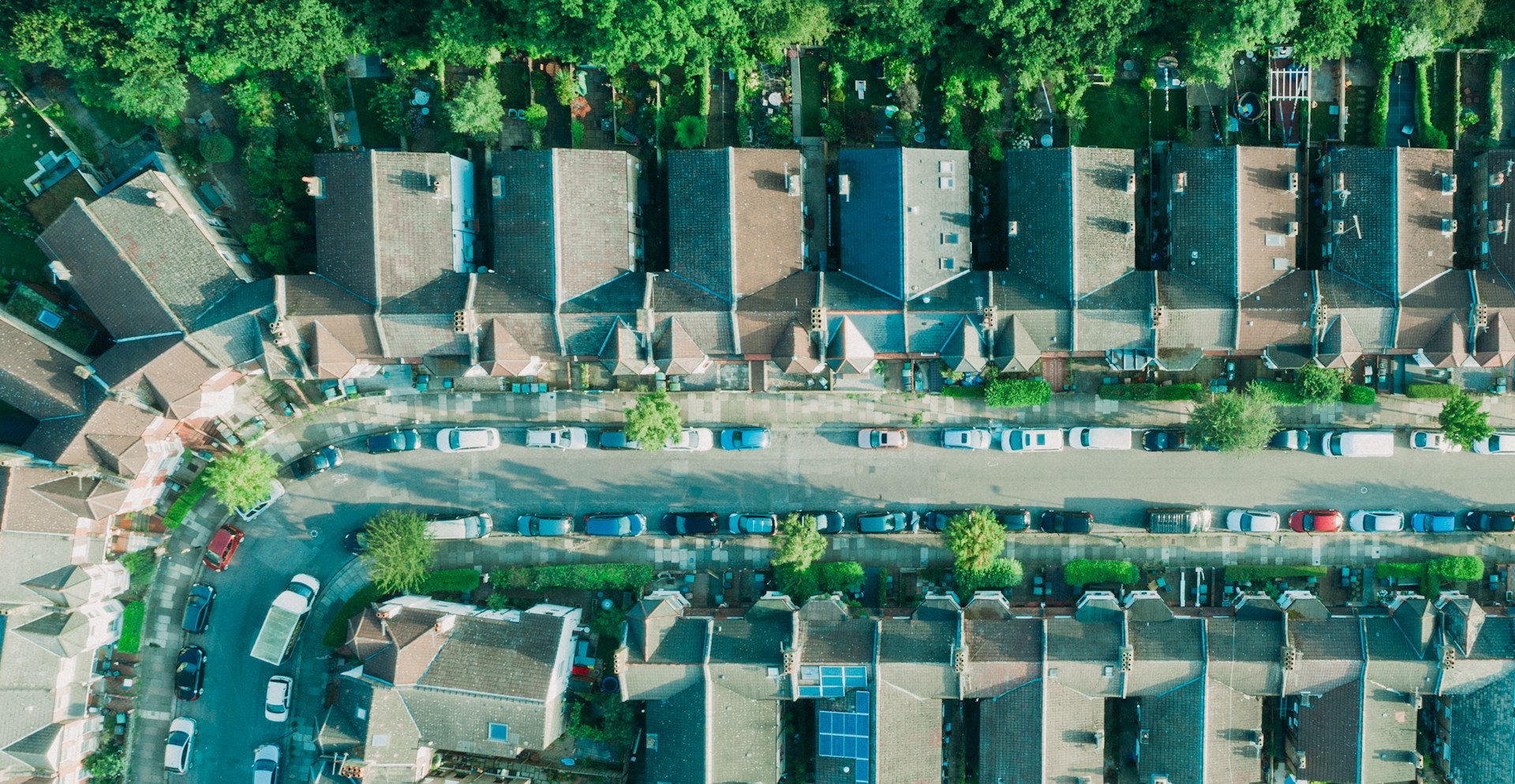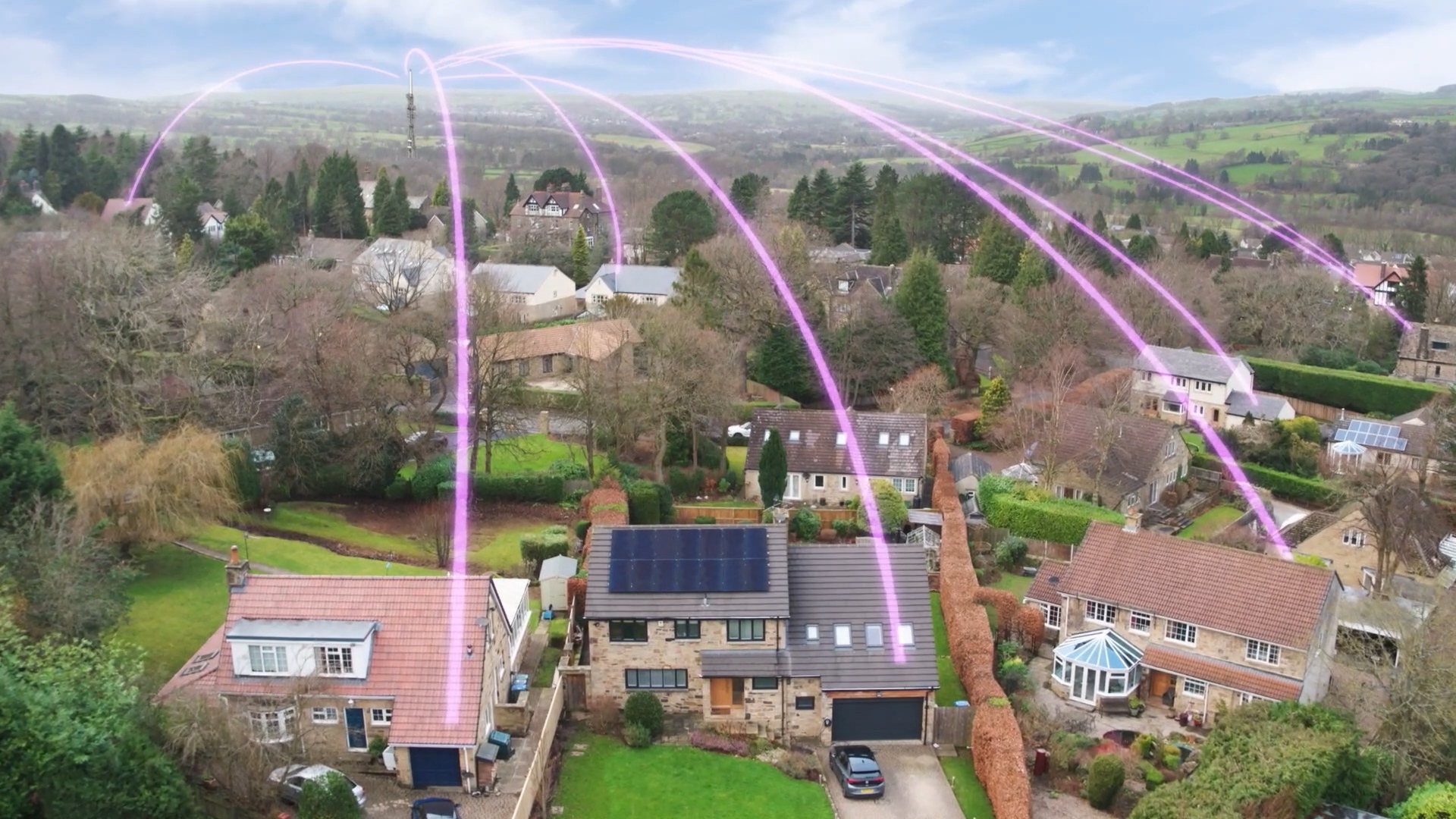The Government has put delivering clean power by 2030 at the heart of one of its five missions. Delivering this successfully will help drive a greener, smarter, fairer energy system.
This includes the continued ramp up of renewable generation, supported by the necessary transmission and distribution infrastructure. It also requires robust digital and data systems to enable smarter use of intermittent energy sources, while driving greater consumer choice. Finally, the insight and mechanisms to support vulnerable consumers and those struggling to afford their energy bills to ensure a fair and just transition.
When I joined the DCC approximately six months ago, I joined in the belief that smart metering, and the DCC, was well placed to help enable this national mission. Yet to do so, there were some immediate priorities.
I wanted to listen and learn from customers and stakeholders from across the sector, to understand how DCC can support and enable their products and services. Critically this includes ensuring our performance supports industry to meet its roll out obligations as we approach the end of the current target framework, and then beyond.
Secondly, as a licenced monopoly operating at the centre of the system, we must play our part in addressing the affordability challenge facing consumers and the wider sector.
Finally, over time and at the appropriate point, further value can be extracted from a unique national asset, so it is important to ensure the future DCC is appropriately equipped to maximise that value, in support of industry and Government priorities.
It has been incredibly rewarding over the past few months to see the work underway across DCC and in collaboration with our customers and partners, as we work to deliver across all those areas, supporting both short-term enhancements and longer-term evolution.

Customer-centric and consumer-conscious
One of my first acts as Chief Executive was to sign the contracts with our four key service providers for the upgrade and modernisation of the Data Service Provider (DSP). This was a major milestone for the programme. The enhanced design will bring greater flexibility, stability and security. Moreover, once fully migrated, the new DSP will represent a significant cost saving for our customers.
This upgrade is part of a broader modernisation of our infrastructure that will help ensure we continue to deliver outstanding operational performance. Headline performance remains strong, with customer availability over 98% this year, but we recognise there are still areas for improvement. For example, installing meters on to the network needs to be as efficient as possible, and while this continues to trend upwards positively there is more to be done as we move into the next phase of the roll out.
In the short term, we know network coverage remains a critical focus area for many of our customers, especially as they seek to continue to meet installation targets.
Our long-standing programme to develop the next generation communication hubs has now been rolled out, nationwide. Early installations show a step change in performance and offer significant per meter saving compared to legacy technology.
Value for money
As a central delivery body, we are committed to delivering value for money across all aspects of our cost base. The majority of DCC costs are delivered through our external service providers, and we are actively driving value for money through all our procurement and contract extension activity wherever possible.

Operationally, we are focused on more efficient use of the network to ensure we only pay for what we need, while internally we are leaving no stone unturned to run an efficient operating model. The recent announcement of the closure of our Nottingham office, with further efficiencies planned, while difficult for colleagues involved, demonstrates our commitment to running a lean, efficient organisation.
As a central delivery body operating amid an ongoing affordability challenge across the sector, it is essential that we are transparent and able to clearly justify the costs we incur. We will be submitting our first ex ante business plan by the end of 2025 and operating within it from November 2026. Over the summer we have actively engaged with customers to gather feedback on the outcomes and associated costs of delivering our key services. This will soon be followed by scrutiny and challenge from a new Customer Challenge Group.
We welcome this shift to an ex-ante framework and look forward to continued engagement and feedback as we finalise this, and future, plans.
A seamless transition to DCC2
Ofgem’s decisions on the ex ante framework and governance structures, and its recent consultation on the future role and objectives of the future DCC are bringing increasing clarity on the construct of our future organisation. While the final ownership structure is still being determined, we are confident the shift to a not-for-profit model will reinforce our belief that the DCC, and the services which we deliver on behalf of industry, should deliver maximum system wide benefit.
Unlocking smart meter data, in a manner that protects consumers, holds significant potential to accelerate a smarter, fairer system. To date, we know it can help identify and support fuel-poor households more effectively, enable green finance products and support flexibility services. At the DCC, we will continue to champion efforts to increase access to smart meter data in support of our national mission, while protecting the security and integrity of the network.
Looking ahead
The next five years will be transformative as we collectively pursue our national mission for Clean Power.
DCC is committed to playing our part – upgrading core services to continue to meet customer needs, continuously looking for opportunities to address affordability while ensuring a seamless transition to the future DCC, equipped and enabled to deliver maximum value for Great Britain.
Our latest Business & Development Plan
You may also like






